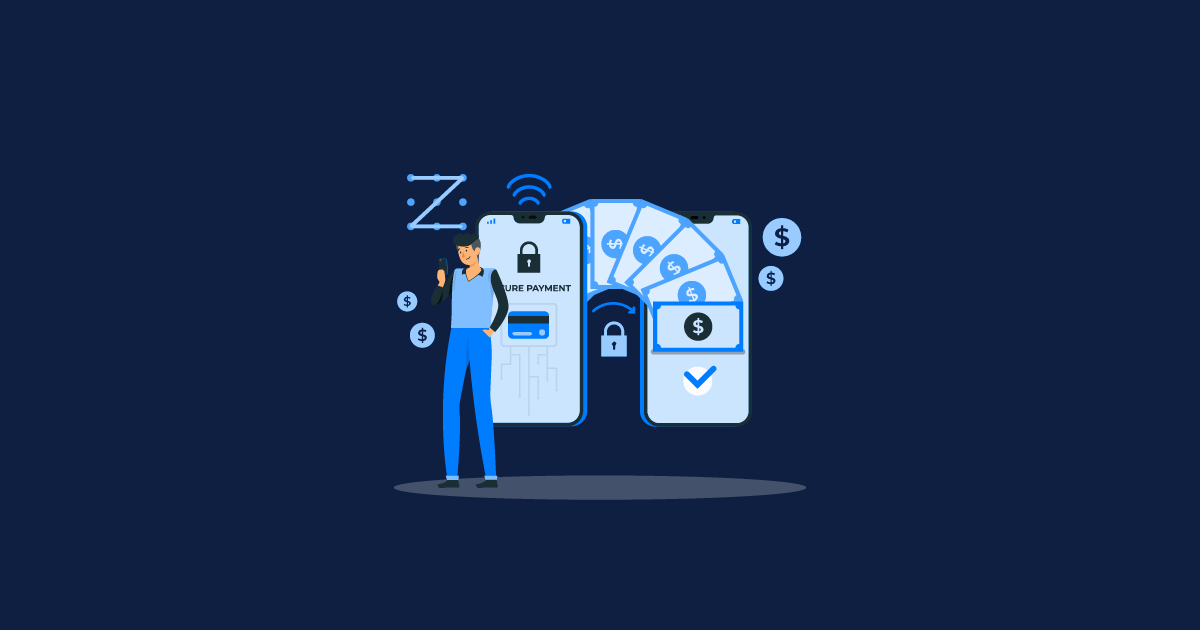Learn how they ensure sustained excellence in your software-as-a-service (SaaS) products. Discover key strategies for optimizing user satisfaction and reliability.
The Software as a Service (SaaS) industry is experiencing a remarkable surge in growth. Whether it's for storage, communication, travel or various other purposes, we are all, in one way or another, making use of many SaaS products.
The Software as a Service (SaaS) industry has witnessed unprecedented growth over the past decade, with businesses and consumers alike relying on cloud-based software solutions for a wide range of tasks. With such rapid expansion, the competition in the SaaS market is fierce. Quality assurance (QA) is, thus, playing a pivotal role in determining the success of SaaS products and driving long-term ROI.
Importance of Quality Assurance in improving SaaS Products
QA not only validates that the product operates as designed but also plays a vital role in enhancing customer satisfaction, reinforcing security, fortifying competitiveness, and fostering the overall success of the product. Here's a detail pointers of why QA holds paramount importance in the realm of SaaS products:
1. User satisfaction:
QA ensures a smooth, bug-free experience, keeping users happy.
Brand reputation:
Poor quality SaaS products affect the brand reputation. Software quality assurance ensures high-quality SaaS products, enhancing the brand’s image and credibility.
Customer Retention:
QA prevents issues that lead to customer churn.
Security:
QA ensures that the system security is strong and is free from vulnerabilities.
Risk Mitigation:
QA helps identify and mitigate risks associated with updates, new features, or changes in infrastructure.
Scalability:
As the SaaS products grow, they need to scale with an increased user load. QA helps identify and address performance bottlenecks, check for load, and stress tests to ensure that the product can scale smoothly.
Role of Quality Assurance Team in Driving SaaS Product Success
Delivering a high-quality SaaS product is paramount to success. SaaS products are known for their scalability, flexibility, and ease of access, but these qualities are only as good as the underlying software's reliability and functionality. This is where the Quality Assurance (QA) team of experts comes into play:
Ensuring Product Quality
At its core, the QA team's primary responsibility is to ensure the quality of the SaaS product. Testers meticulously review and test the software at every stage of development, from the initial design and coding to the final release. This comprehensive software quality testing process helps identify and rectify bugs, glitches, and inconsistencies, ensuring that the product functions as intended.
By conducting thorough testing, the QA team minimizes the chances of critical issues reaching end-users, thus preventing negative user experiences. High-quality software enhances user satisfaction, trust, and loyalty, all of which are essential for the success of any SaaS product.
User Experience Enhancement
QA teams play a significant role in enhancing UX by rigorously testing SaaS product's usability, responsiveness, and user interface. They identify areas where the user experience can be improved, such as streamlining workflows, improving navigation, and ensuring consistent branding and design.
Furthermore, QA teams test the product on various devices, platforms and operating systems to guarantee a seamless experience for users across different environments. A positive UX not only attracts more users but also helps in improving user retention and referrals, contributing to the long-term success of the product.
Security and Data Integrity
Security is a paramount concern for SaaS products, especially when handling sensitive user data and information. QA teams are responsible for conducting security testing to identify vulnerabilities, loopholes, and potential threats in the system. Testers work closely with developers to implement robust security measures and ensure data integrity.
By proactively addressing security concerns, QA teams help safeguard the product and its users from cyberattacks, data breaches, and other security risks. This, in turn, builds trust among users and reinforces the product's reputation for reliability and safety.
Scalability and Performance Testing
SaaS products must be able to handle increased workloads and user demands as they grow. QA teams perform scalability and performance testing to assess the product's ability to handle a large number of concurrent users and data requests. They identify bottlenecks, optimize code, and fine-tune the infrastructure to ensure optimal performance under heavy loads.
By ensuring that the product can scale seamlessly, QA teams contribute to the SaaS product's ability to accommodate more users and generate greater revenue, driving its long-term success.
Continuous Improvement
The work of a QA team doesn't end with product release. They play a crucial role in the continuous improvement of the product. By monitoring user feedback, tracking issues, and conducting ongoing quality assurance testing and analysis, QA teams help identify opportunities for enhancements and updates.
This iterative process of improvement not only keeps the product competitive but also demonstrates a commitment to delivering value to users over the long term. It fosters a culture of excellence and innovation within the development team, further driving the SaaS product's success.
A Smarter Approach to SaaS Product Success with QAonCloud: a Leading Software Testing Company!
When developing or launching SaaS products, there are so many things that can go wrong, costing you a lot of time and resources along the way. We at QAonCloud want to ensure that you are in capable hands; we are a leading QA testing service provider that integrates with your team to build a fully customized approach to software testing needs for SaaS Products.



